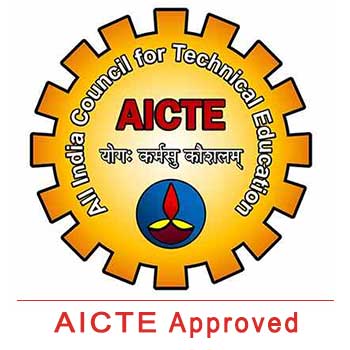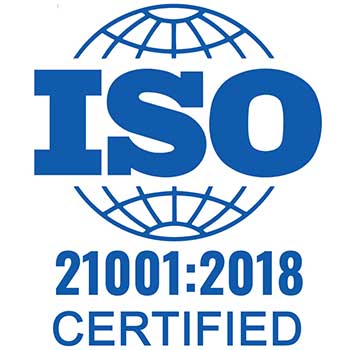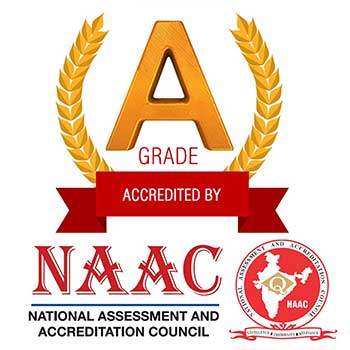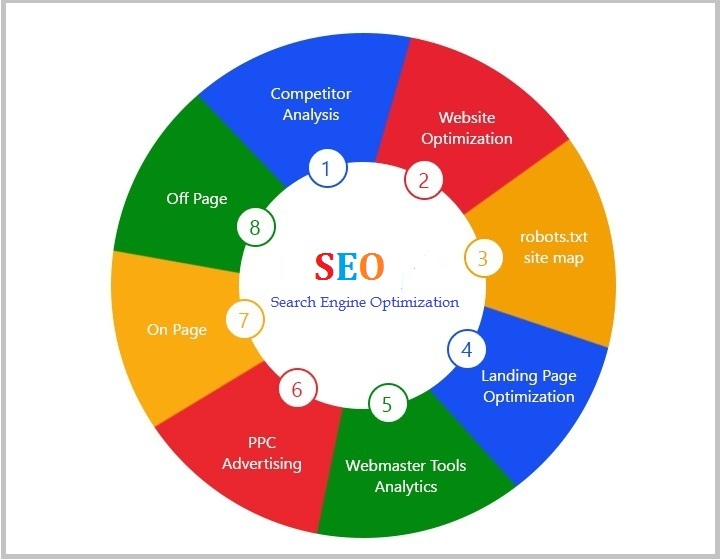Search - Reflecting Awareness & Connecting Commerce
Search has become integrated into the fabric of our society. With more than 197.9 billion searches performed worldwide each year since April 2014, more or less 6.6 billion web searches will be performed every day. That means on an average about 7,500 searches are performed every single second of a day. Moreover; users have grown to wait for that the responses to their search queries will be returned in less than one second.
If you have ever come across, the various “SEO is dead”, that claims to make the rounds play periodically in the digital marketing world, rest assured — SEO is both alive and well — and has not as many feared and been killed by social media marketing as a driver of web traffic. However, in November 2014, Twitter announced that by renewing its focus on SEO, it has increased the numbers of visitors coming to the site tenfold — from 7.5 million to 76 million visitors in a month.
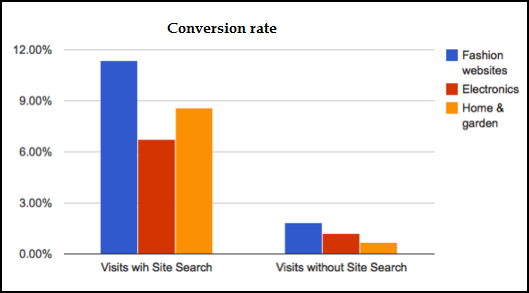
The demand for search continues to be high; because of the people can now obtain in mere seconds information that 20 years ago would have required planning a trip to the nearest library, the usage of card catalog and the Dewey Decimal system and a physical search through halls of printed volumes — a process that could easily have consumed two hours or more. Through the new channel of search, people can now conduct many of their favorite searches, shopping, banking and personal transactions online—somewhat the things have changed the way our global population lives, interacts, and connects to each other.
The dramatic shift in behavior represents what the investors are likely to label a disruptive event – an event that has changed something in a fundamental way. Search Engines have been always the center of this disruptive event, and having businesses on website con-tent appears highly in the search engines when people try to look for the service, product or for any resource that business provides is critical to its survival. This is the situation for every business now and then; as most of the paths to success, obtaining such prime search results in real estate is not a simple matter. However, this is how the search engine optimization works in promoting your business.
The Mission of SEO

Website searches are free to use and yet very informative; as there are many available search engines to find what they are seeking, so the burden is on the search engines to develop a related, fast and fresh search experience. Most of the part search engines achieve this by being professed as having the most relevant results and delivering them the fastest, the users will search thinking that they will get them to what they are looking in for and want it in the least amount of time.
As a result, search engines invest an incredible amount of energy, time and capital in improving their significance. Thus, this includes performing wide studies of user responses to their searches, comparing their search results against those of other search engines, and conducting eye-tracking through a click- rate studies and constructing PR and other marketing campaigns.
How will SEO help businesses to Grow?
The recent survey says that the digital market and marketing through search engines is adequately grown as never compared. The basic marketing strategy is always helpful for many businesses to grow, but is it that enough or do they still need to spend more time on marketing strategy is the big question in many organizations, companies or businesses.
Here is the answer— you can generate good revenue primarily with the help of Search engines through paid advertising; though the majority of this revenue will come from pay-per-use or cost-per-click models, in which the advertisers pay only for users who click on their ads. As we know that the search engines’ success depends on the relevance of their search results, manipulations in search engine rankings result in non-relevant results, and these type of results are generally referred to as spam, and should be dealt very seriously. Each major search engine employs a team who focuses solely on the result or eliminating the spam from their search results; this is generally referred as “web spam” teams. However, this matters to SEO professionals as they use more tactics to promote the products or service, and they should not land the spam by the search engines, as this would carry more risk of incurring penalties for the websites they work on.
The Human Goals of Searching
When we need some sort of information, or to know something it all depends on upon your search. The basic goal of any human search is to obtain the information relevant to a specific set of keywords or phrases you enter into the search field; which is also known as a query. A searcher may invent the query as a question, but the majority of searches are performed by simply entering word combinations, and leaving the search engines to do their work of determining the “objective.” One of the most important essentials to build an SEO strategy for a website is developing a thorough understanding of your targeted audience, and how they use combined words and concepts to obtain information about the services or products you provide. Once you know how an average searcher or more specifically your target market utilizes query-based search engines, you can more efficiently reach or retain those users.
Search engine usage has increased over the years; however, the major principle of conducting a search remains largely unchanged. Let us understand the following steps most of the search engine consists:
- Understand the user experience and the need for information, what they are looking in for, on the specific website, or for any navigational search; they might want to buy something, or it may be about the transactional query also; or about any course relates thing – as in informational query.
- Most of the users formulate their need by using a string of words or phrases comprising the query. The need and the use of the search may use for longer queries to generate more specific results more quickly.
- Users execute the query, check the results and if they seek additional information, they will try a refined query again.
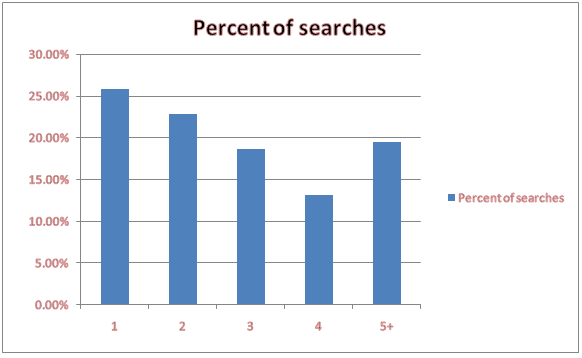
When this process results in the acceptable completion of a task, you can create a positive experience for the user by the search engine, and the site providing the information or the result.
We learn more on Digital Marketing strategies and how to determine Searchers Intent and the challenges for Search Marketers and Search Engines in our next blog.


